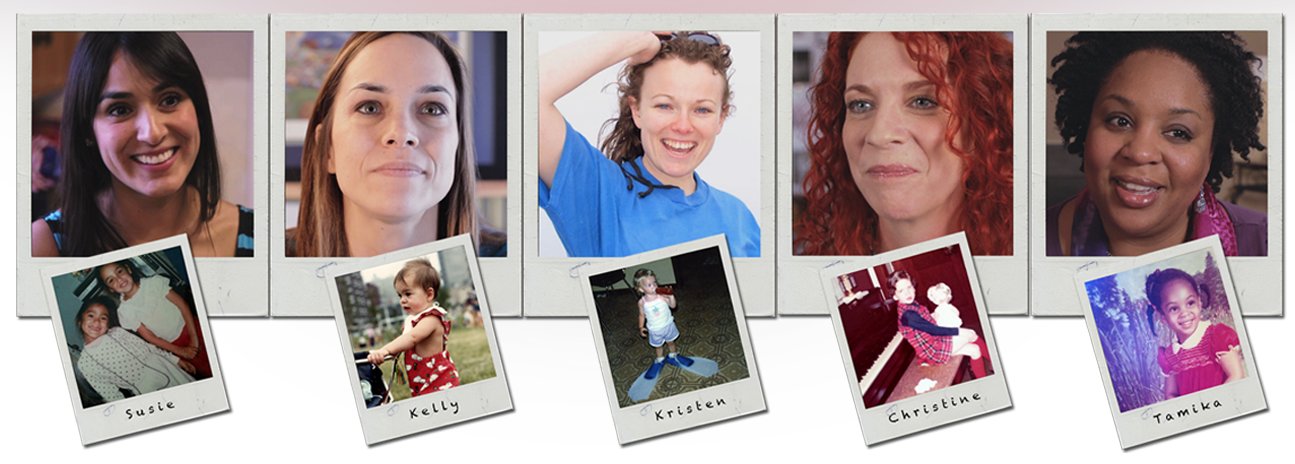Someone You Love: the HPV Epidemic' - The Suffolk County News

Maya Marquez Sturm
HPV is an extremely common infection. It is estimated that 80 percent of people under 50 will have HPV at some point in their lives. For most people, it is simply an infection, and in 90 percent of cases it clears naturally within two years; but in rare cases, it can result in cervical cancer or other associated cancers. Generally, it is battled successfully, but with life-altering results.
THE FACTS
There are 60 different types of HPV, and the virus is highly transmissible, often through sexual contact (penetrative or oral) but also potentially through kissing or close skin-to-skin contact. Most infections the body can resolve naturally, but in cases where the body fails to recognize the virus, precancerous cells can occur. Pap smears are used to screen for precancerous cells, to identify them before they develop further. They are an important way to decrease the incidence of cervical cancer, though they lag in African American and Latino communities due to stigma around female sexuality. The virus is also typically asymptomatic, though lesions/warts may occur. In the U.S., there are 13,000 cases a year of cervical cancer, the majority of which are HPV-related.
'SOMEONE YOU LOVE'
The Plaza Cinema Arts Center in Patchogue held a screening of "Someone You Love: the HPV Epidemic" on Wednesday, March 9, to raise awareness for HPV and cervical cancer, followed by a Q & A session with panelists from Access Gyn, at Stony Brook Medicine; the event was supported by funds from Health Research Inc. and New York State. The film takes the audience through the lives of five different women, all of whom were forever changed when an HPV infection led to cervical cancer. Susie Carrillo, mother of two, had learned the mentality that you "don't go to the OB-GYN unless something is wrong." When she finally went for a prenatal checkup, she learned she had HPV, and without treatment she later developed cervical cancer. Another woman, Tamika Felder, had not gotten her pap smear for years. When she learned that she had cervical cancer, "life stopped at that moment." Felder was able to survive her stint with cancer, but she suffered drastically in the process. She underwent a radical hysterectomy and lost her womb. "Everything at that time that I thought made me a woman. I'll never be able to make life inside me... [I] felt burned and poked; poisoned from inside out," she said. According to Dr. Burke, director of gynecologic oncology at Stony Brook Medicine and faculty advisor for Access Gyn, one of the most distressing parts of cervical cancer for his patients is the "disfiguring and painful" external procedures done to treat their cancer.
PREVENTION: Vaccination, education, smoking cessation
The steps to prevent HPV and cervical cancer are clear. "It is a unique opportunity where there is both vaccination and screening—a dual chance of eradicating disease," said Burke.
There is a vaccine that prevents HPV, which is FDA-approved for women and men up to 45 years old, and protects against nine different strains of the virus. However, doctors recommend getting vaccinated in the window between 9 to 26 and ideally ages 11 and 12 because this can improve the immune response and ensure that vaccination occurs before exposure. Someone who has already contracted HPV can still get vaccinated to protect them from other strains.
"Smoking is the single worst thing you can do because it helps the virus cause problems," added Burke.
Condom use can also decrease the risk of infection. Most importantly, this is also not just a woman's issue; cancers of the mouth and tonsils are associated with HPV in men, so it is in everyone's best interest to be protected against this virus.
"This is a cancer no woman should be dying from," said Tamika Felder.
BARRIERS TO OVERCOME
Unfortunately, there are still obstacles that make preventing HPV more challenging. In immigrant communities, language can be a barrier to medical assistance. According to Dr. Michelle Gruttadauria, director at Access Gyn and resident in obstetrics and gynecology at Stony Brook Medicine, another barrier is education on female anatomy. Based on a Healthline survey, including a pool of 1,000 Americans, only 33 percent of respondents 18 to 29 years old reported having some form of sexual education, which can teach them how to protect themselves from common STI's like HPV.
Supporting research and cervical cancer prevention
There are numerous resources for the treatment and prevention of cervical cancer, including the National Cervical Cancer Coalition, Foundation for Women's Cancer, and Society of Gynecological Oncology. Another resource is the Access Gyn program at Stony Brook Medicine, which is dedicated to offering free gynecologic care to uninsured patients, including cervical cancer screenings, STI testing, contraceptive counseling and mammograms. The program is available every third Wednesday of the month at 4875 Sunrise Hwy, Suite 200 Bohemia, NY 11716 (631) 444-4686.

Comments
Post a Comment